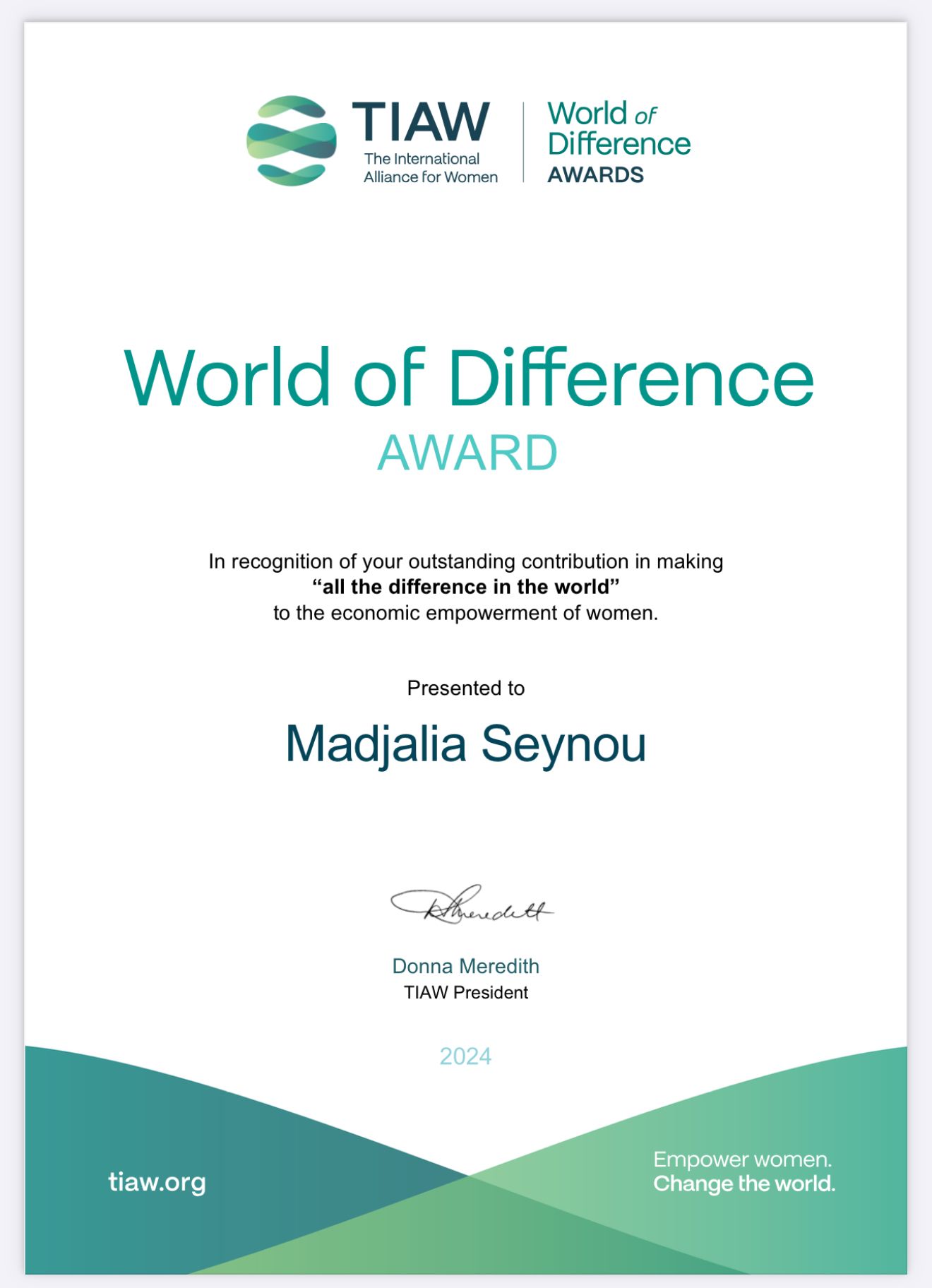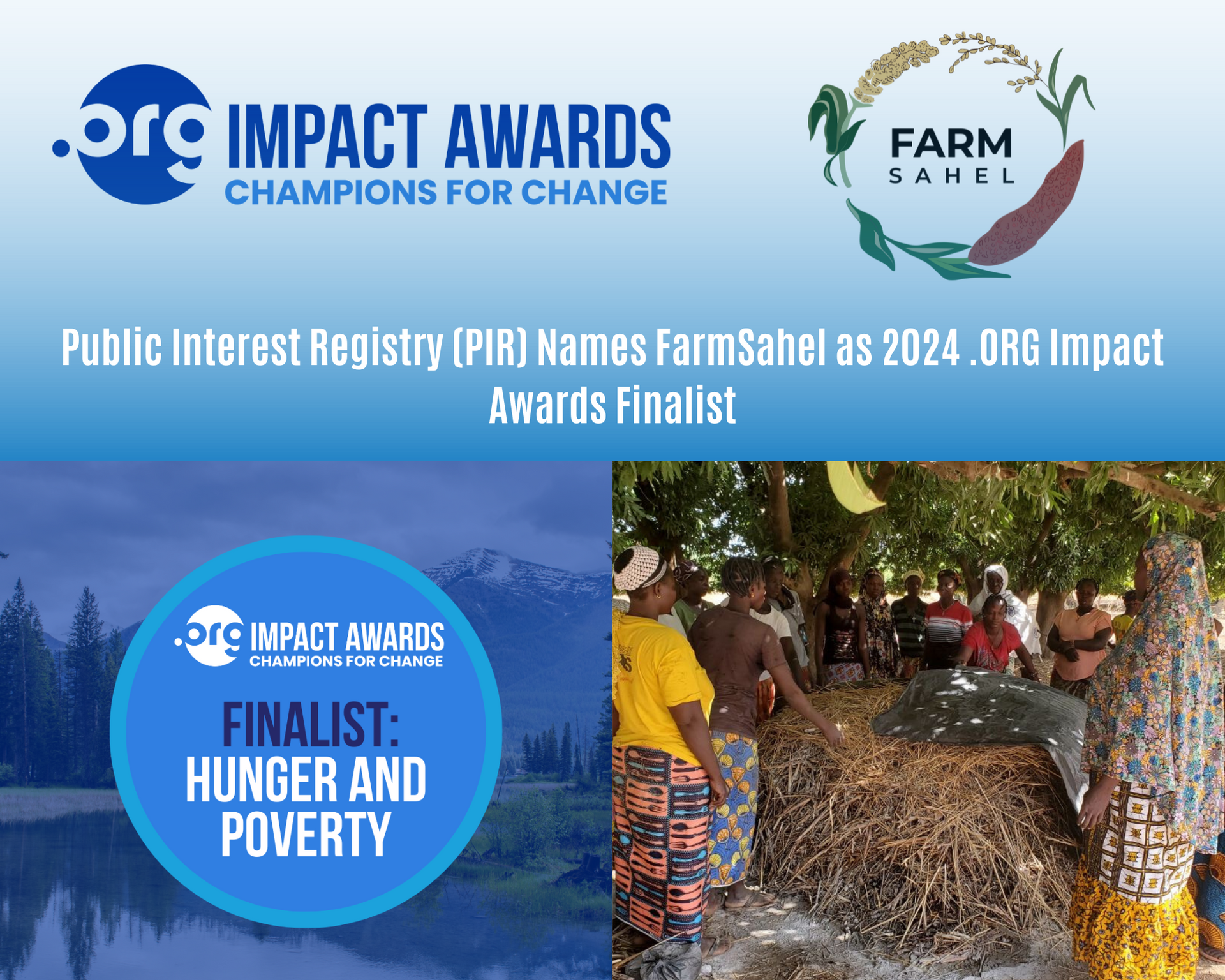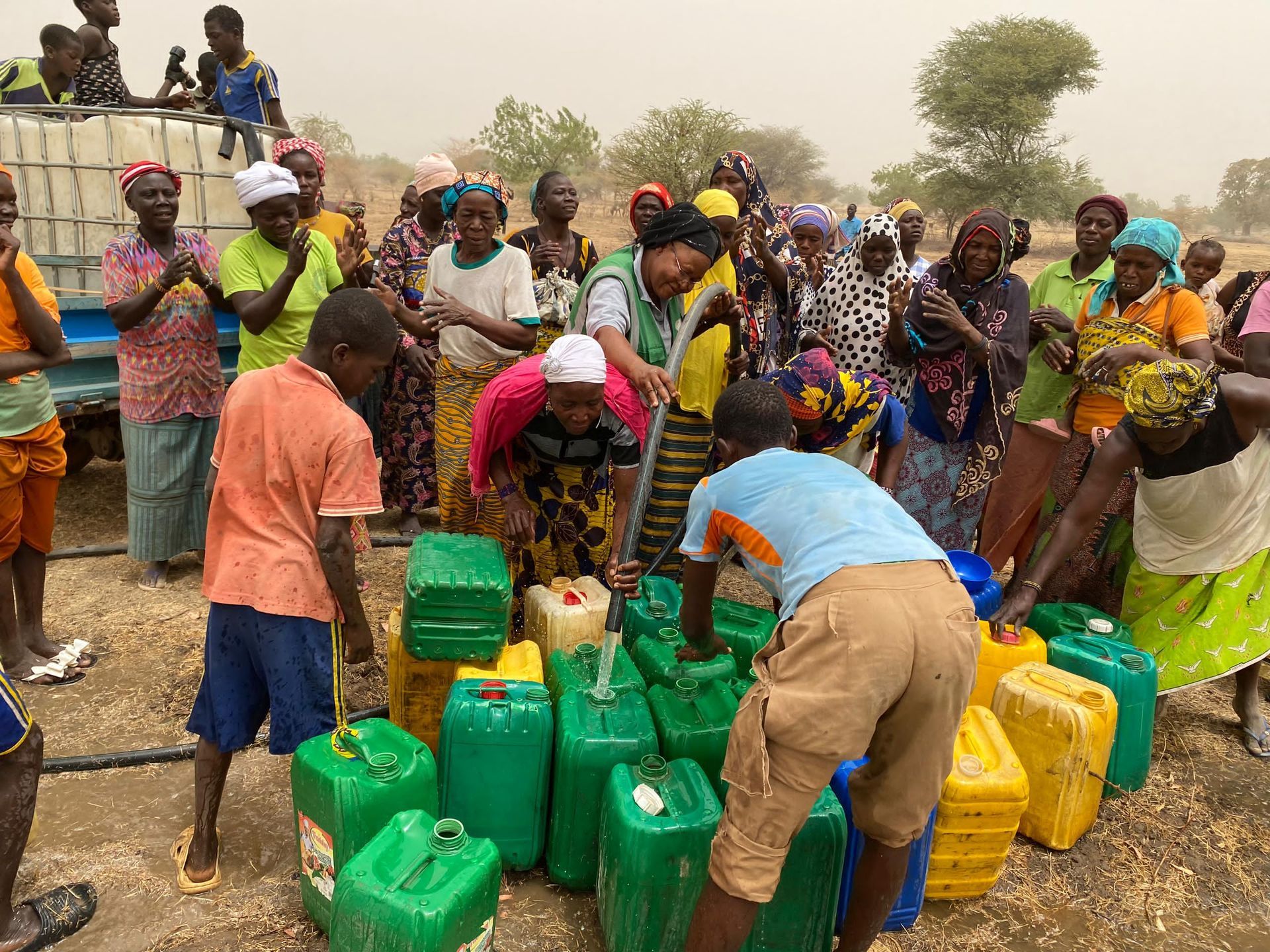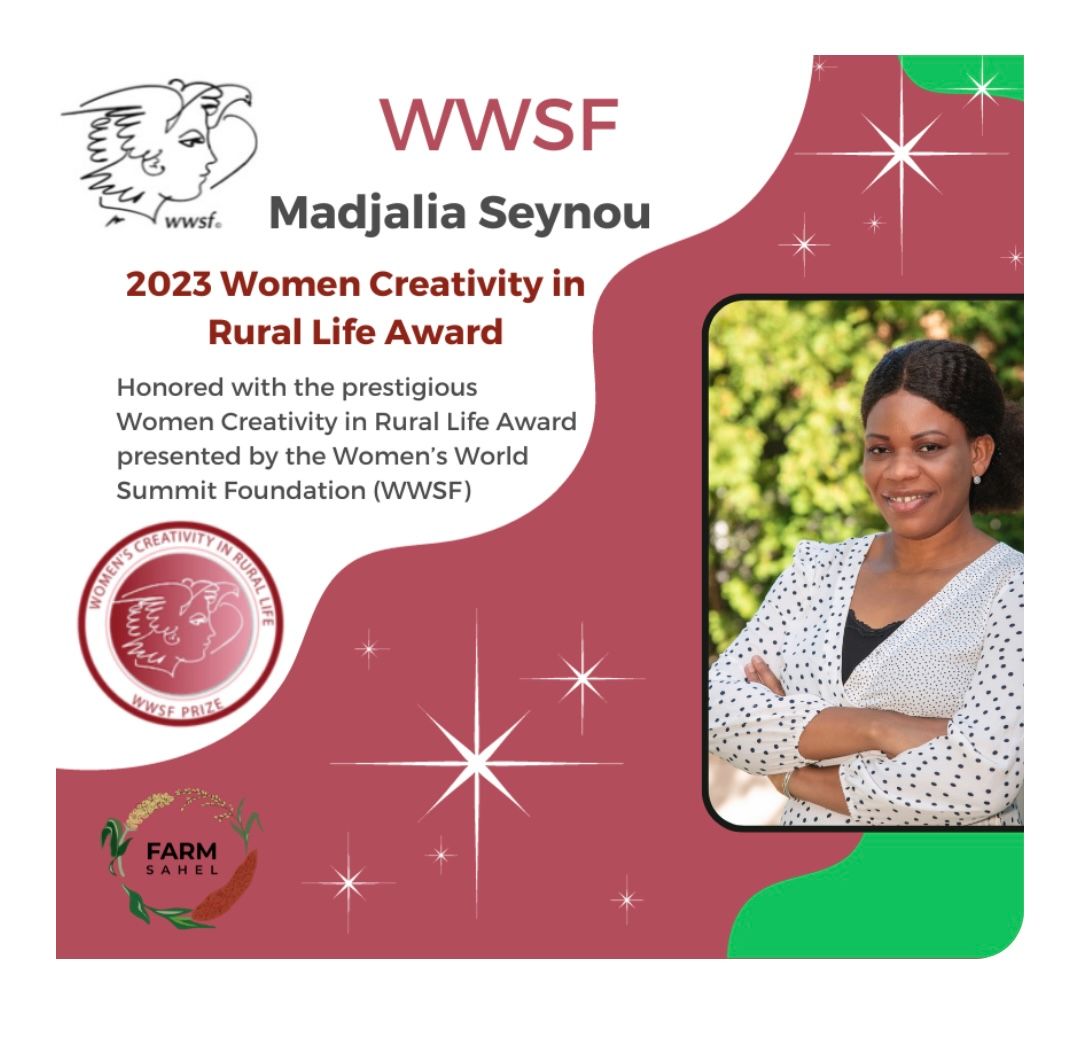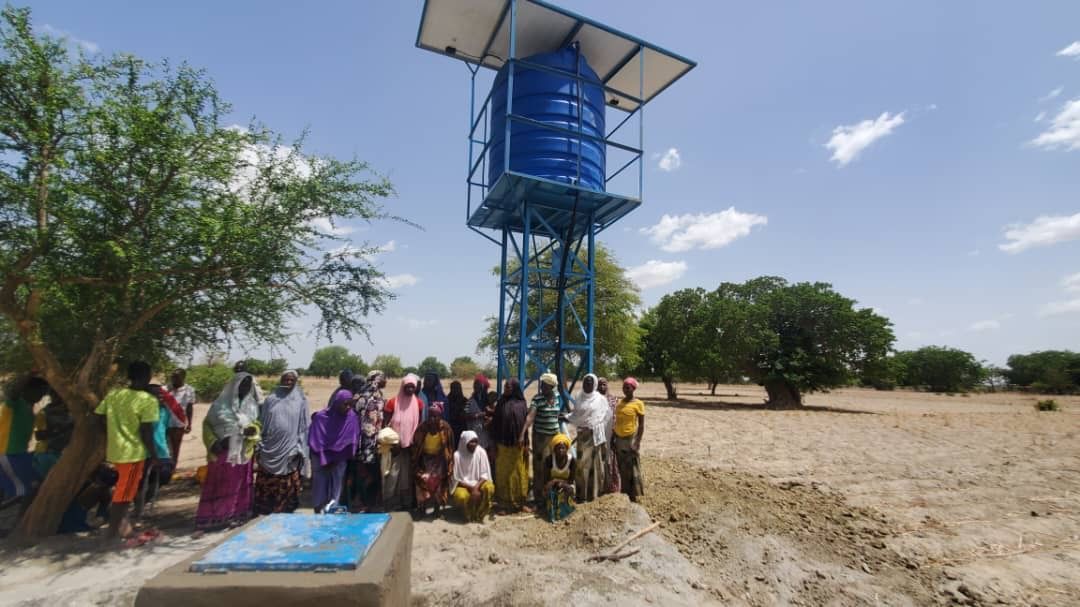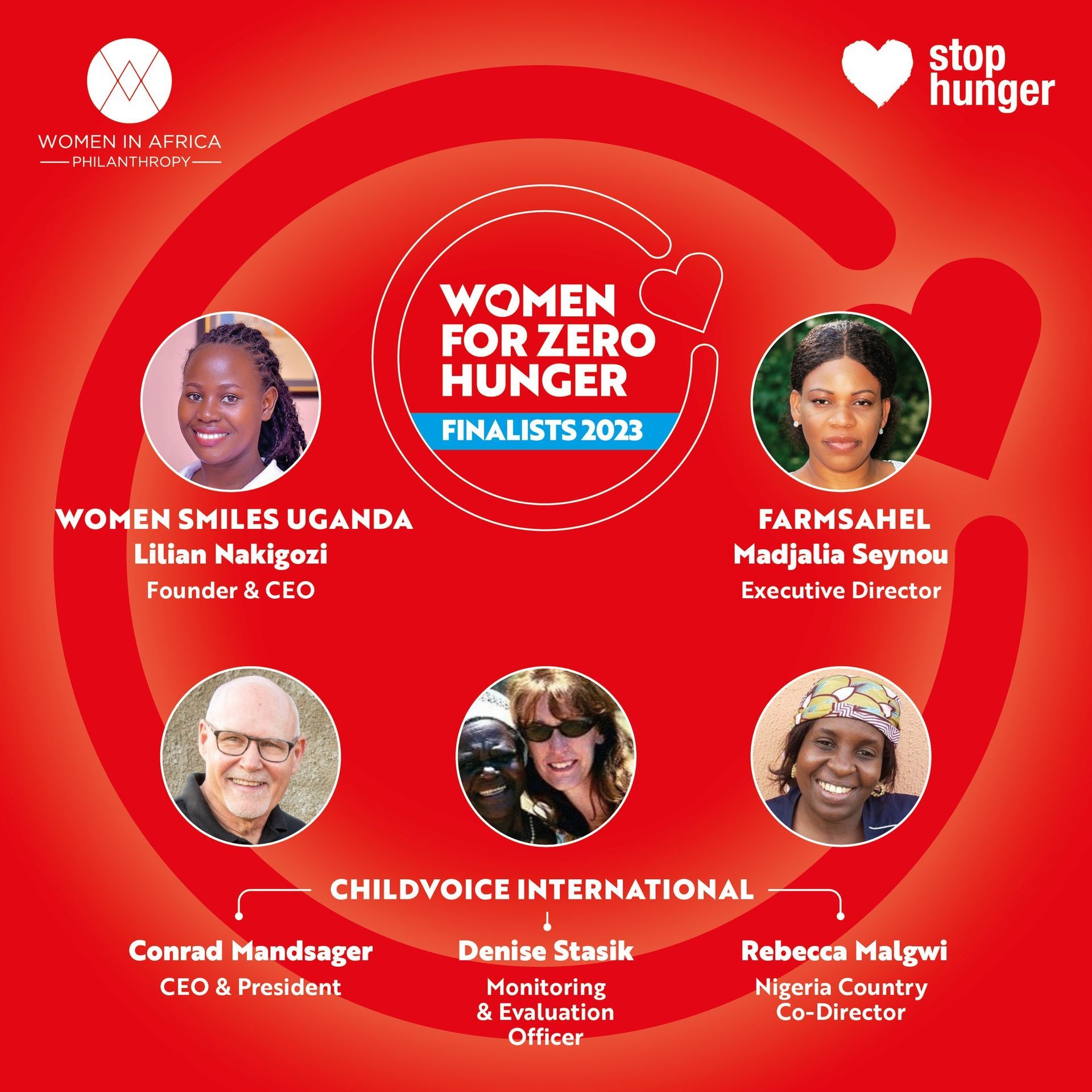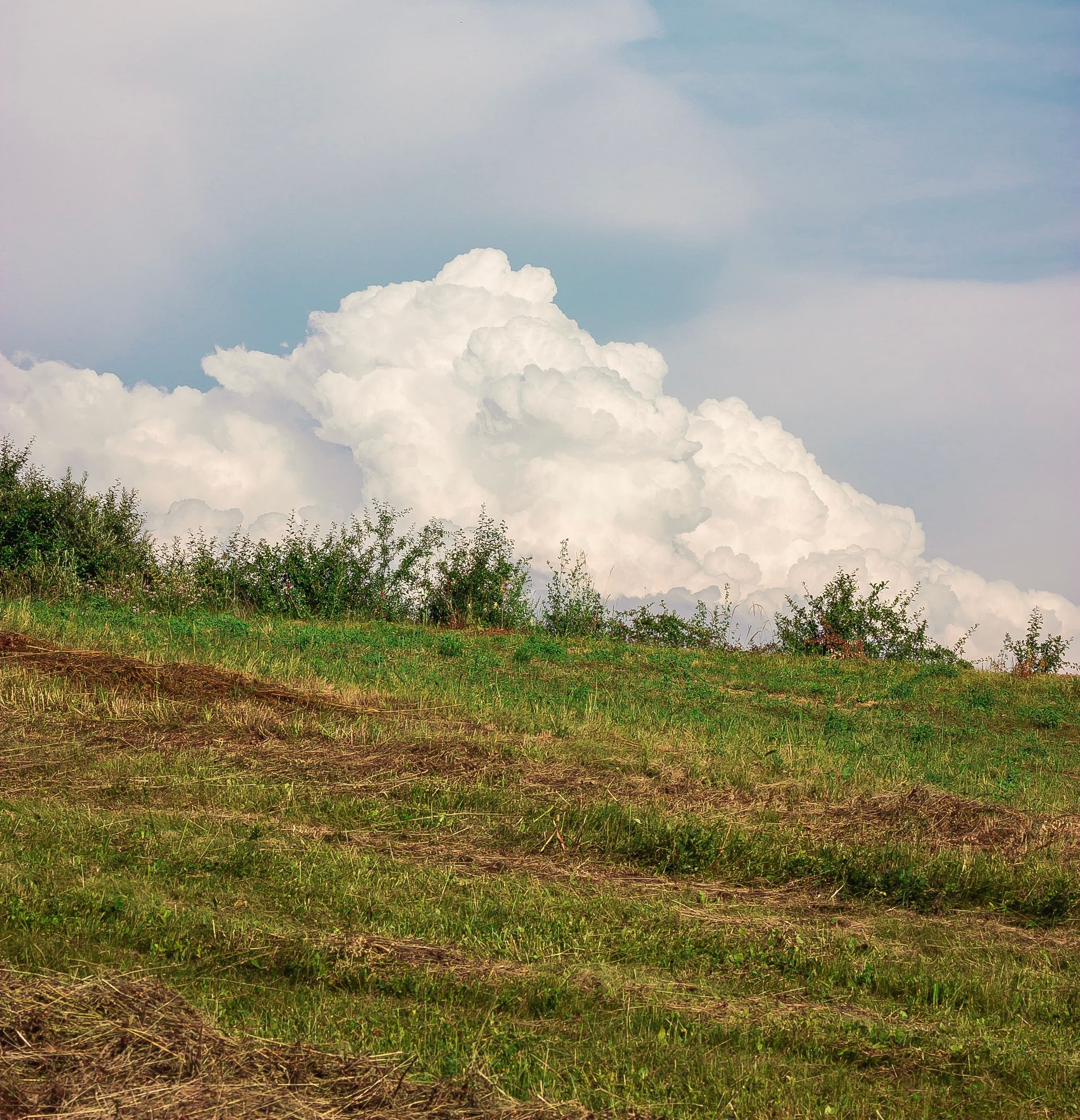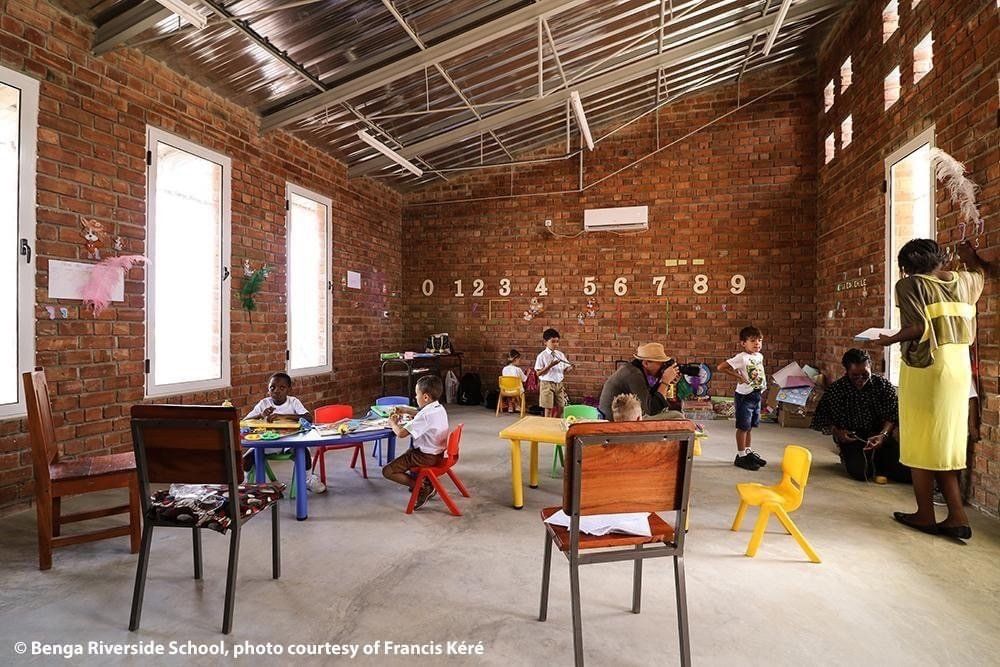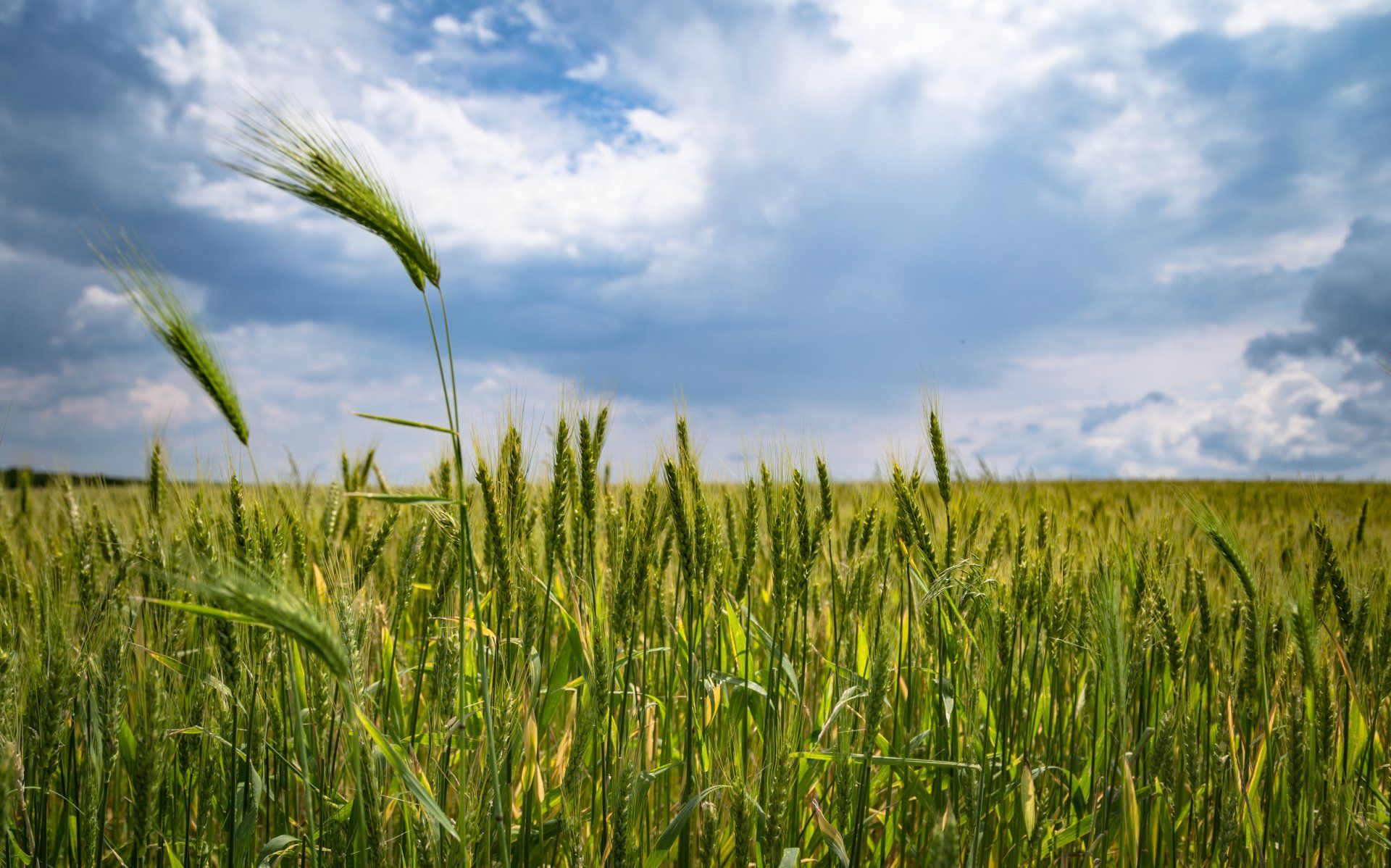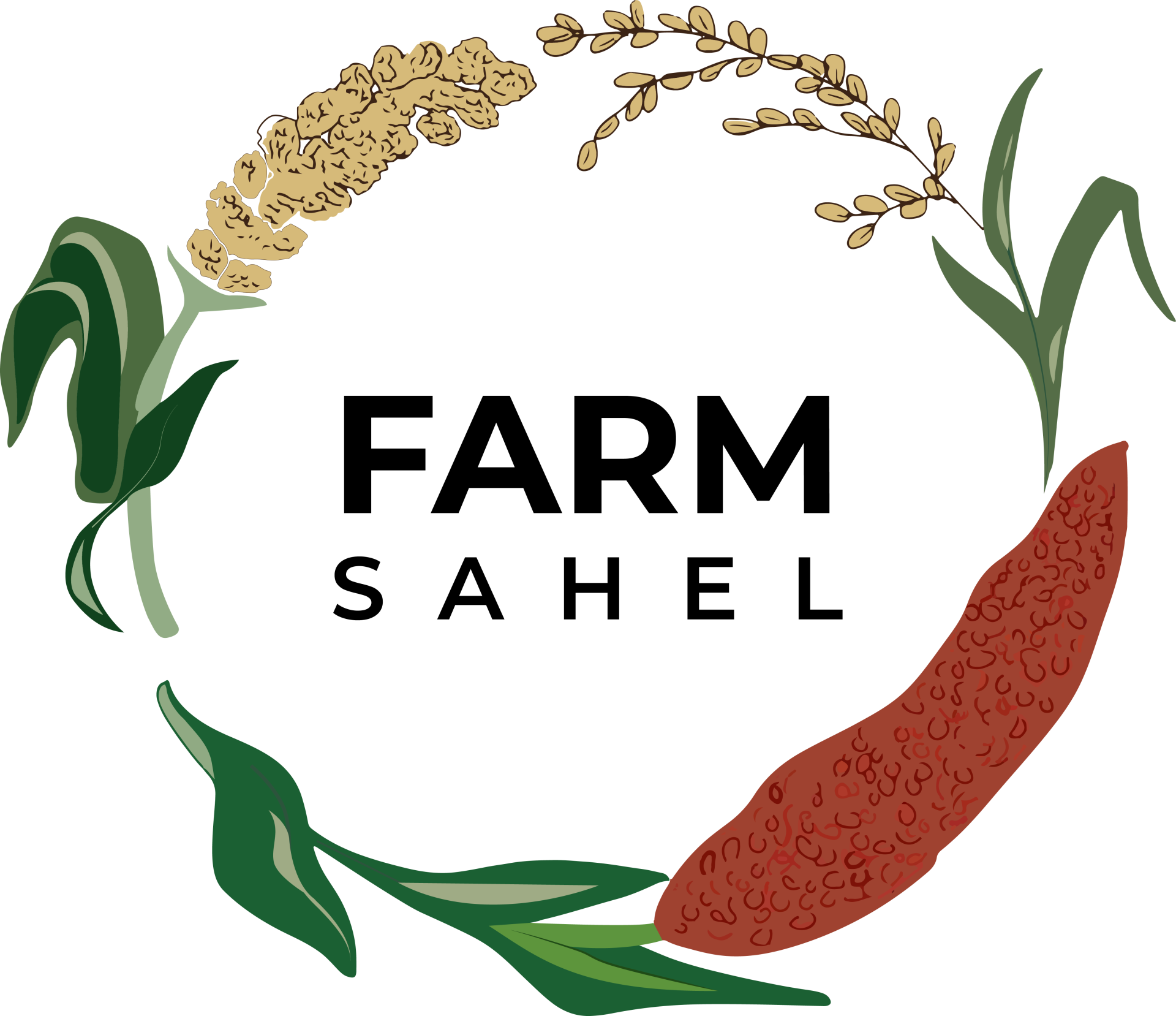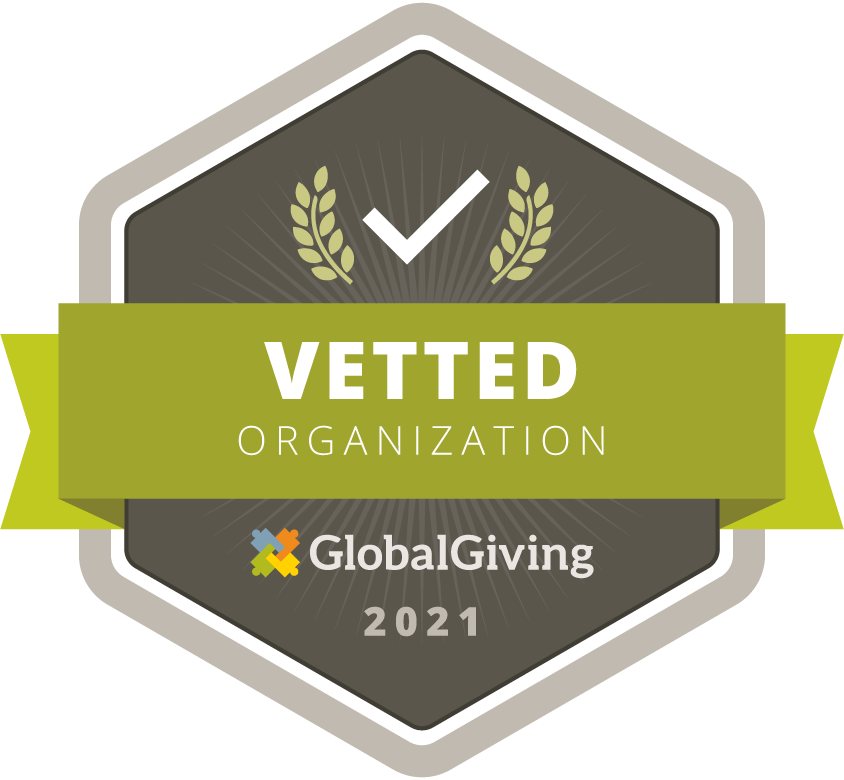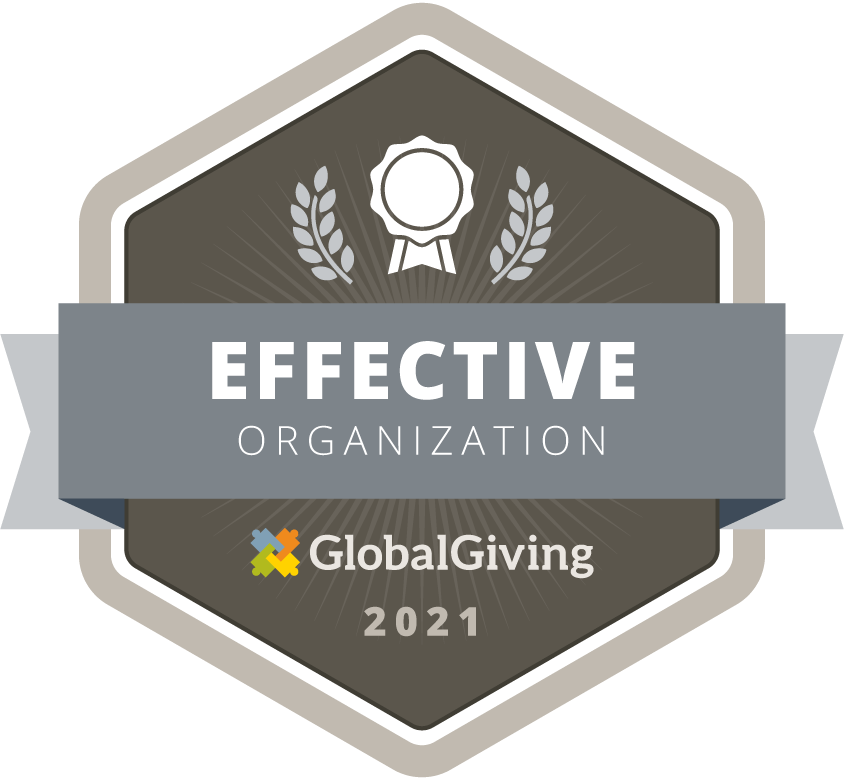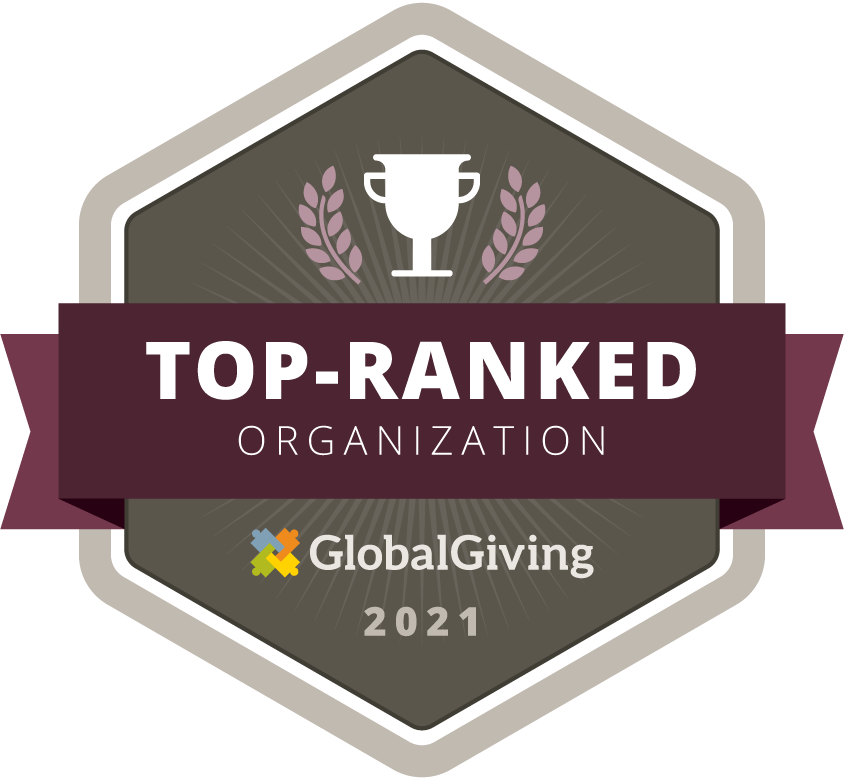Covid-19 and Burkina Faso: An Update
Just over two years and Covid-19 has touched every aspect of human life. Since December 2019, hospitals worldwide surged to 420 million total cases and watched 5.86 million succumb to the virus. Worldwide the Covid-19 pandemic has brought along economic hardship, frustration, and a backslide in social progress showing that Covid-19 does not just leave bodies in its devastating wake. As the Omicron variant spreads like wildfire throughout the world, countries are taking new measures to fight the virus. Luckily, this new variant is not as severe, leaving deaths low but cases soaring.
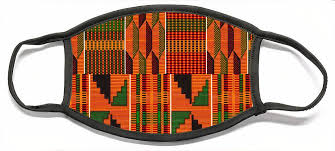
Omicron was first detected in South Africa but was by then all over the world. In Burkina Faso, when Omicron swept through the country days before a military coup, the government did not change much of its Covid-19 protocol. It still required masks to be worn in all public spaces. Then, on January 24th, as the new military junta government took power, they temporarily closed land and air borders. This was more of a measure of security than a Covid-19 restriction. Since then, land and air borders have reopened to a limited capacity. Land borders are open only for humanitarian purposes with necessary food and equipment.
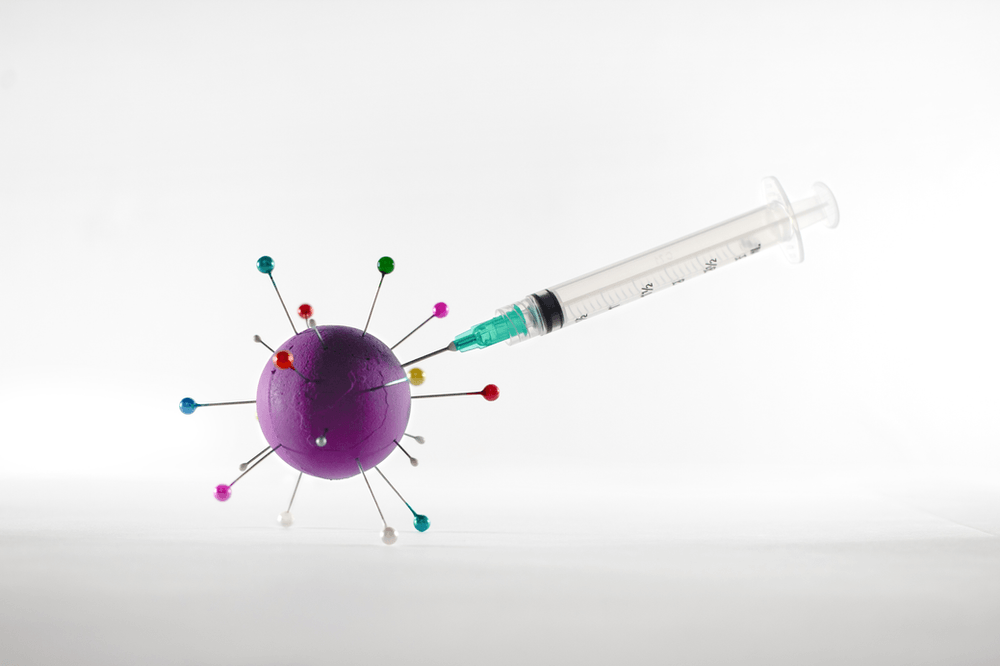
Air Borders also have strict rules, although people are able to fly into and out of the country. According to Bloomberg News, in order to fly into the country, travelers need to present a negative PCR test 5 days prior to arriving. If you do not have the PCR test, your documents will be confiscated, and you will be required to take a PCR test. To receive these tests, it costs 25,000 FCFA, which is about 43 USD. If the test comes back positive, the traveler must quarantine at their own expense at a government allotted hotel. Lastly, when flying into the country, passengers six and older must pay a 90,000 FCFA fee to the health authorities no matter your documentation. Even fully vaccinated travelers must show a negative test.
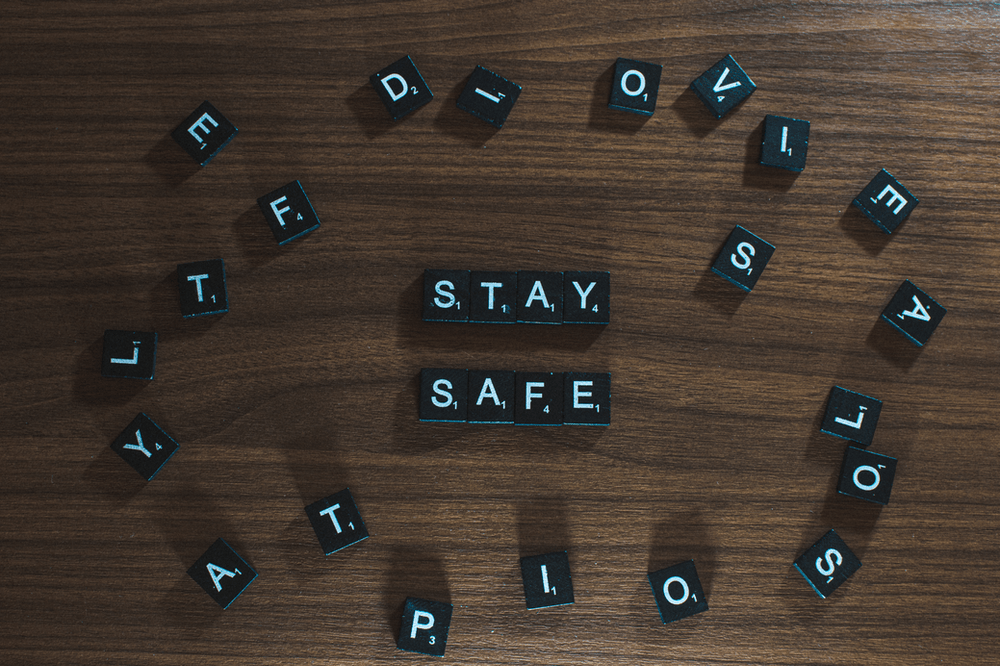
Burkina Faso’s vaccine effort has fallen short of what health experts claim it needs to be. The touted threshold for a safe community is 70% of people vaccinated. Burkina Faso averaged 8,076 doses a day last week. At this rate, it will take 504 days to give at least one dose to only 10% of the population. According to Reuters, 1.25 million doses have been administered already, about 3.1% of the population. Burkina Faso is expected to receive 26.2 million vaccine doses by the middle of 2022. However, with many rich nations hoarding supply, manufacturing problems, and a lack of structure at Covax, it does not seem likely that Burkina Faso will see the full amount. At the moment, Burkina Faso only has 4.9 million doses for a population of 20.9 million.
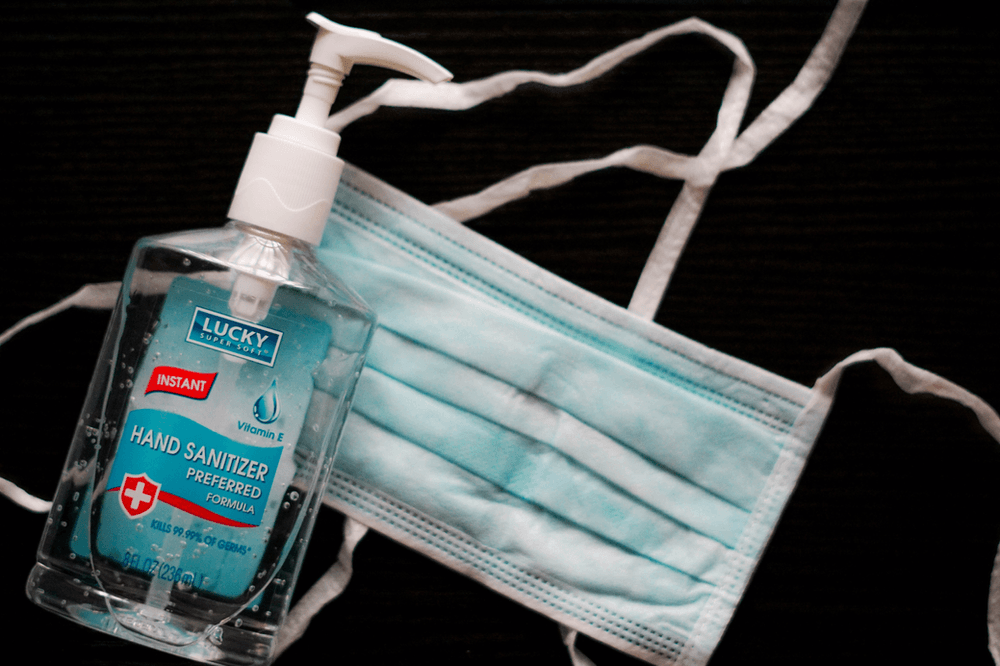
This is not nearly enough vaccines to keep the population safe and may allow new variants to grow. However, the Burkinabé people have many other harms to worry about. The new military junta government is focused on the security situation rather than curbing Covid-19. In comparative terms, Burkina Faso has one of the lowest infection and death rates among African countries. In total, Burkina Faso has had 20,729 cases with 375 reported deaths. However, according to the CDC, Burkina Faso is still at a level 4 advisory, the highest level a country can receive, and travel is not advised. In this ranking system, there are only six countries in the level 1 ranking, and the United States is not ranked.
The responsibility of wealthy nations such as the United States, Europe, and China is to ensure there is a global effort to curb Covid-19. As Omicron finishes its sweeping infections, Covax is falling short of shrinking the gap of vaccine inequality. Instead, we see an unjust vaccination gap between the poorer and rich countries. Moreover, the effects of Covid-19 on poorer countries affect the population more harshly. Not just through deaths but through economic fallout as well.
The United Nations has reported that poverty rose by 3% because of Covid-19 in West Africa alone. More than 25 million people are struggling to meet basic food needs. The ECOWAS Commissioner stated that the pandemic had annihilated any gains made in the fight against food insecurity and malnutrition. Covid-19 mitigation measures have had the most impact on small traders’ income-generating activities. People have been forced to sell their assets and livelihoods in order to eat. The most affected countries are those surrounded by conflict, like Burkina Faso.

Through direct support to those most affected by Covid-19, we can continue the fight against food insecurity. FarmSahel is continuing its efforts to support small-holder farmers to increase their yields. Our small team allows us to implement efficient actions for small-holder women farmers. The dry season is slowly coming to an end, and now is the best time to support FarmSahel’s efforts in stopping this sweeping food insecurity that will only become more destructive in the weeks and months to come. Our recurring donors are making a continuous impact and we are truly grateful for the ongoing support. If you are not yet a recurring donor, we warmly invite you to consider setting up a , recurring donation . $24 a month goes a long way.
Please also share this with your contacts and invite them to consider supporting our work.
If you have any questions, please feel free to email us at info@farmsahel.org.
